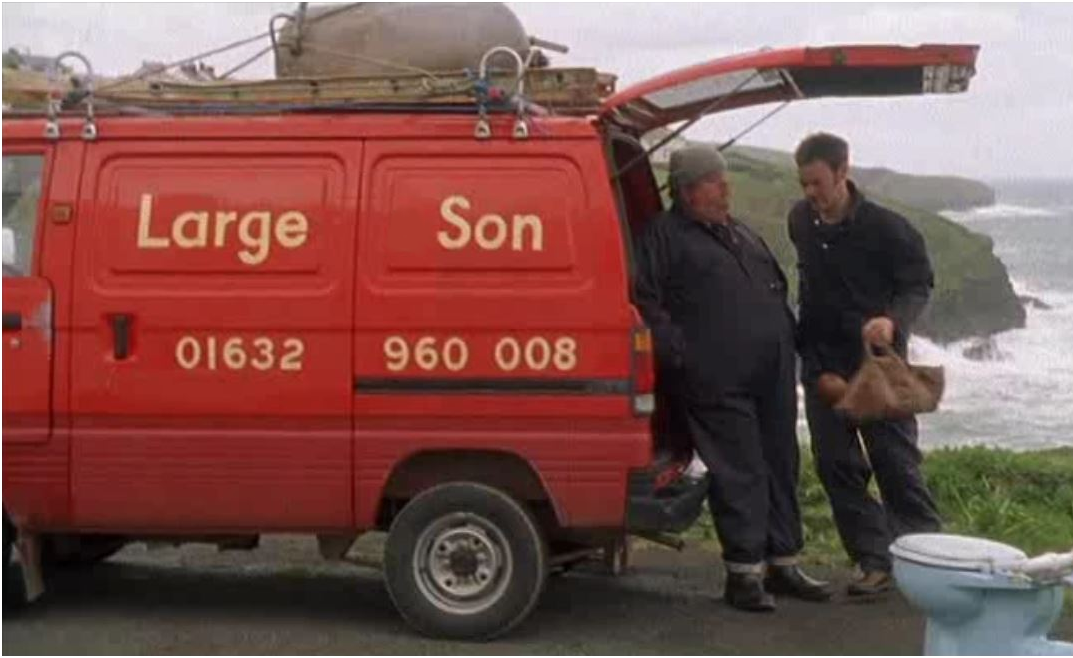

Hey speaking of apartments, this bozo leaves out what happened to GDR citizens immediately after reunification. Anyone in the FRG could make a claim on property in the East that was “taken” from them or their ancestors in the process of Germany being divided. At one point, over half of all residential dwellings in the East were claimed by leeches in the West. Even though a lot of claims didn’t end in evictions, so many GDR citizens had to live under the threat of being made homeless (and many were).
You had to wait for a car but it’s not like in the US where a car is a mandatory (and incredibly expensive) requirement to live. They had public transport. And part of the reason they had to wait so long (and also why bananas et al were hard to come by) is that the capitalist world tried to strangle the economies of the Eastern Bloc as much as possible.
Also, the Stasi didn’t come after you just for complaining about the government. Lots of people complained. They came after you if they suspected you were on CIA or BRD payroll, or were a capitalist wrecker, or a fash, etc. Good faith complaints were fine. The book I cite in the source below has an opinion poll that was made shortly after reunification. Former GDR citizens responded to what they liked the least about life in the GDR, and the Stasi were pretty low on the list. Travel limitations were clearly #1 IIRC, but that can’t be blamed entirely on the GDR as the capitalist west also placed restrictions on the travel of GDR citizens.
Source: Stasi State or Socialist Paradise. Haven’t read any Victor Grossman but he’s pretty great on this subject, too.


It’s the history written by the labor aristocrats and petite bourgeoisie who thought they’d make out better under capitalism than socialism. It ignores the many millions of working class individuals who suffered and died and who would gladly take security and safety over fucking oranges. But we never hear their stories in the west. We only hear from businessmen, journalists, academics etc who decry “no oranges” and ignore the suffering of the masses.